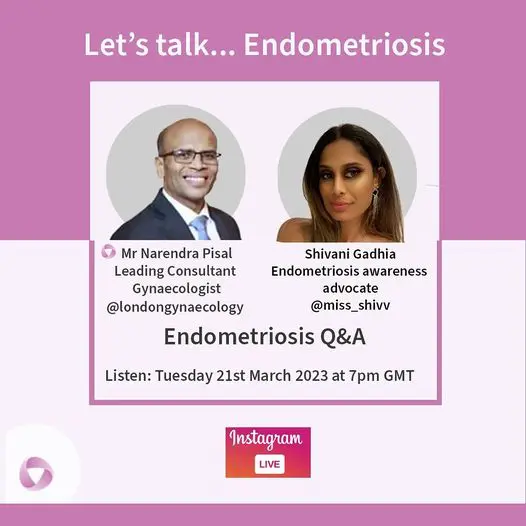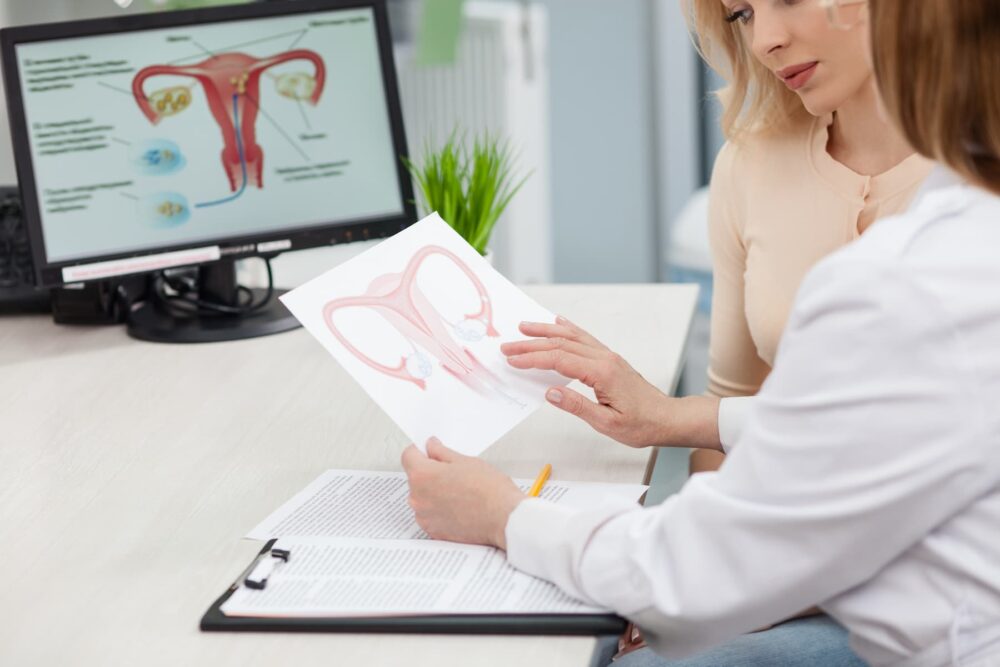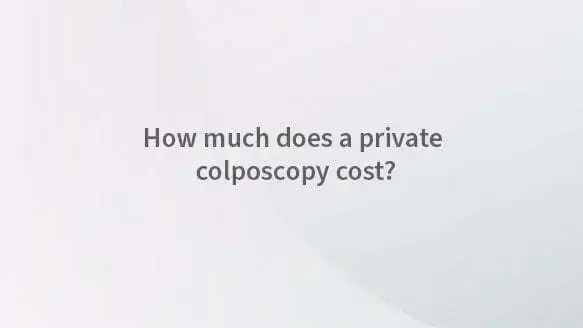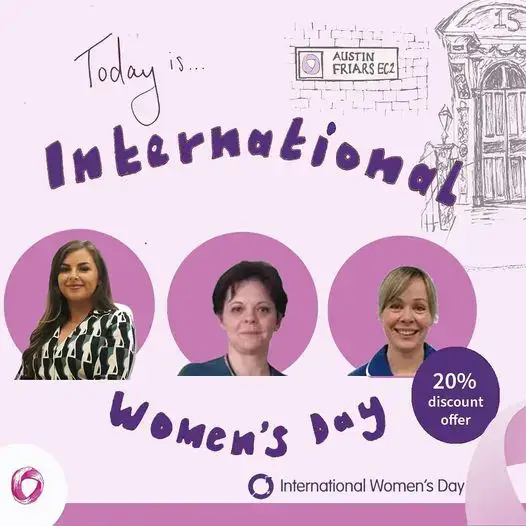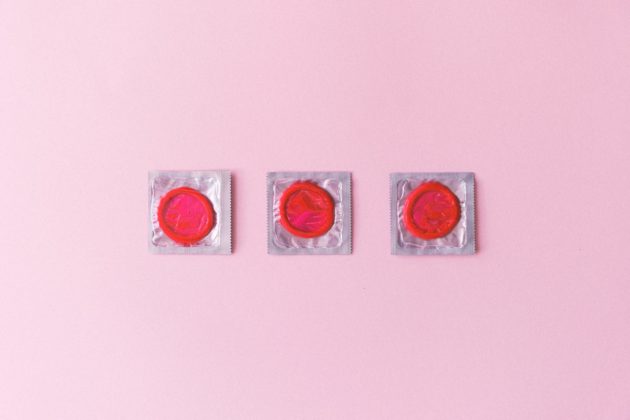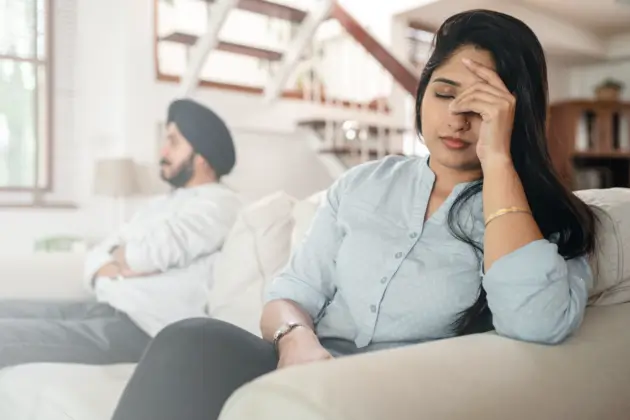Uncategorized
Menopause and Anxiety
Does menopause cause anxiety? Anxiety is a common perimenopause symptom and can often be one of the first symptoms that you might notice. For some women, this is the first time they have experienced anxiety whilst for others, they may have experienced it before, and their anxiety has worsened. Anxiety can manifest as a feeling…
Read MoreEverything you need to know about a Transvaginal Scan
Feeling anxious about an upcoming transvaginal scan appointment? Stylist Magazine writer Abbi Henderson recently underwent her first transvaginal scan. Although the thought of the scan itself didn’t cause her much mental anguish (though, it very commonly can), She did have a lot of other, unanswered concerns. Did she need to do anything special – food…
Read MoreBeverley Knight’s personal battle with fibroids
Did you know Beverly Knight suffered from fibroids and had to take a break from showbiz as she recovered? Singer’s scary condition ‘I had no idea’! Beverley Knight didn’t know what fibroid were when she was diagnosed. The NHS notes that fibroids are more common in women of African-Caribbean descent and a 2015 study highlighted that 80…
Read MoreEndometriosis Instagram Live Tonight
Save the Date Tonight Instagram Live Tuesday 21st March 7pm Every March, Endometriosis Month takes place across the world, with the aim of increasing awareness and highlighting the symptoms of this debilitating condition that affects millions of women worldwide. So tonight, Tuesday 21st March 7pm join us for an Instagram Live. Leading consultant Mr Narendra…
Read MoreMenopause Symptoms
What menopause symptoms might I have? No two women are the same when it comes to menopause symptoms. However, we do know that we have oestrogen receptors in every cell of our body so it is possible that the fluctuating levels of oestrogen can provoke a wide variety of menopause symptoms. Not all women will…
Read MoreHow much does a colposcopy cost?
The cost of a private colposcopy with one of our specialist Consultant Gynaecologists starts from £675 and includes a full consultation. We understand that cost can be an important factor when considering private health services. We have a transparent approach to our fees and offer packages where possible to ensure clarity upfront whilst keeping our…
Read MoreNutritionist shares food tips to manage endometriosis symptoms
Can certain foods help lessen the pain and other discomforts that women with endometriosis feel? It’s Endometriosis Awareness Month and nutritionist Laura Southern shares how dietary support can help manage endometriosis symptoms and improve overall health. Nutritional therapy for endometriosis support is multidisciplinary. There are some key areas of dietary focus: Reducing inflammation, Supporting nutrient…
Read MoreInternational Women’s Day 2023
Today is International Women’s Day and on this day we celebrate our female clinical and non clinical team for their commitment to women’s health and the patient-centric care provided to women who come to see us across our two clinic locations, as we look after their gynaecological health. We are proud to be women-led…
Read MoreSex: Frisky (and Safe) After 50
Changing patterns of sexual behaviour amongst some demographics are being reflected for instance through increases in the levels of STIs diagnosed amongst those over 50, whilst practices such as chemsex and use of dating apps can also be associated with higher-risk behaviour. Dated preconceptions regarding the sex lives of those aged 50 and over are…
Read MoreMenopause and Migraines
What are migraines? Migraines are severe and recurrent headaches which can have a significant impact on a person’s quality of life. They are often accompanied by other symptoms such as visual disturbances, nausea and vomiting, sensitivity to light and sound, irritability, fatigue and malaise. What how can menopause affect migraines? From the early 40s,…
Read More


